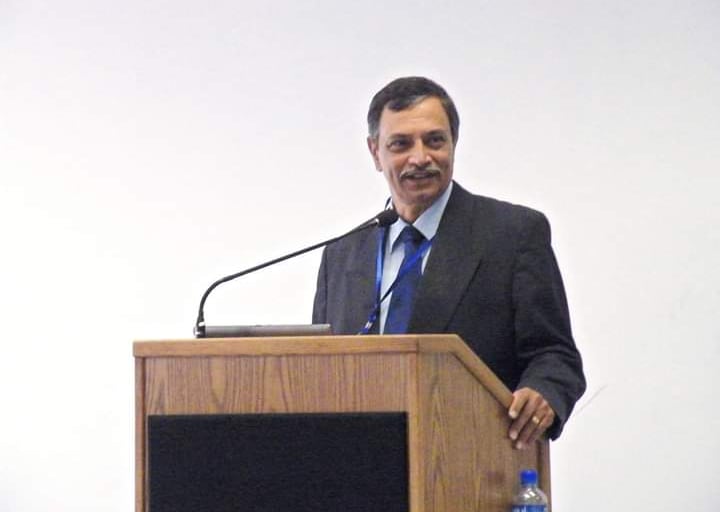Where? And Whither?
The Quintessential Anglo-Indian
11/20/20242 min read
In one of her books, The Jadu House, Laura Roychowdhury makes one of the characters blurt out a largely unacknowledged truth: “… there’s a bit of TASH in all of us.” For those of you who don’t know, “tash” is a word commonly used in the Bengal region to denote the Anglo-Indian. Of course, it is derogatory and offensive, just as “chee-chee”, or “eight-annas”, or “sattai” can be. I mentioned, in one of my earlier Blogs, that, people often tend to denigrate “otherness”, even as they secretly admire the same, sometimes for reasons they hesitate to admit, even to themselves. These feelings, usually under-stated, may even precipitate into jealousy and abhorrence, since otherness is what they yearn for, but can never embrace, because of cultural and other taboos.
So, to this week’s question: “Where is the Anglo-Indian?” The answer: He is in all of us, simply because the common thread of humanity binds us all together, willy-nilly. There is another secret truth, as Cedric Dover would say: “… there are no half-castes, because there are no full castes.” Allow me elaborate further.
The Bible tells us that the first man and woman were driven out of Paradise because of disobedience. From that time on, men (and women) have sought to regain that treasured place, using any means to justify their purported end. The Anglo-Indian, however, has never been allowed to grasp the paradisal country into which he was born, simply because he did not conform; his existence was a stain, a blot, a curse. But then, the Scriptures have also explained that he who is without sin should cast the first stone. Further, the Scriptures also point out, that all (and that means, everyone, including you and me) have fallen short of the glory…
What I am trying to get at, dear Reader, is that the Anglo-Indian was not, and still is not, the original transgressor. We read that the sins of the fathers fall on the shoulders of their children, up to and beyond the fourth generation. That sentence has long been paid: why then does the Anglo-Indian continue to be vilified, even as far as the highest echelons of Government? Believe you me, my Community is, definitely “more sinned against than sinning”.
We have all heard of heroes and leaders waging seemingly unwinnable battles against all odds. We have read about their exploits and their ambitions to reach their individual Holy Grails. We have also heard of their failures because of some “tragic flaw” that is within themselves. The Anglo-Indian is neither hero nor villain; he has no vaunting ambition, nor does he have any craven desires; he just wants to be himself, to be accepted by his people; and his people are to be found only in India, that is Bharat. My India has always celebrated sameness with difference, for it is a macrocosm of many cultures and many languages, living, by and large, in peace and harmony.
The Anglo-Indian is the archetypal man, forever condemned to search for a place in the sun. Indeed, the sun has set on the British Empire, but its sons—and I mean the Anglo-Indian here—can be found in almost every habitat known to man. That son is akin to the universal seeker, the one who still believes that there is something at the end of his (perceived) rainbow. He will continue to search, confident that his efforts will, one day, find fruition. At the end of it all, unheard and unheeded, Mother India still awaits the return of her prodigals. As the old refrain goes: “the soul is no traveler, the wise man stays at home”.
Aren’t we all in search of something? How many of us actually find what we seek so desperately? Will we never know satisfaction? Is it possible to live up to the motto: To each his own?
If we are able to do so, the world, our world, will be a better place.


